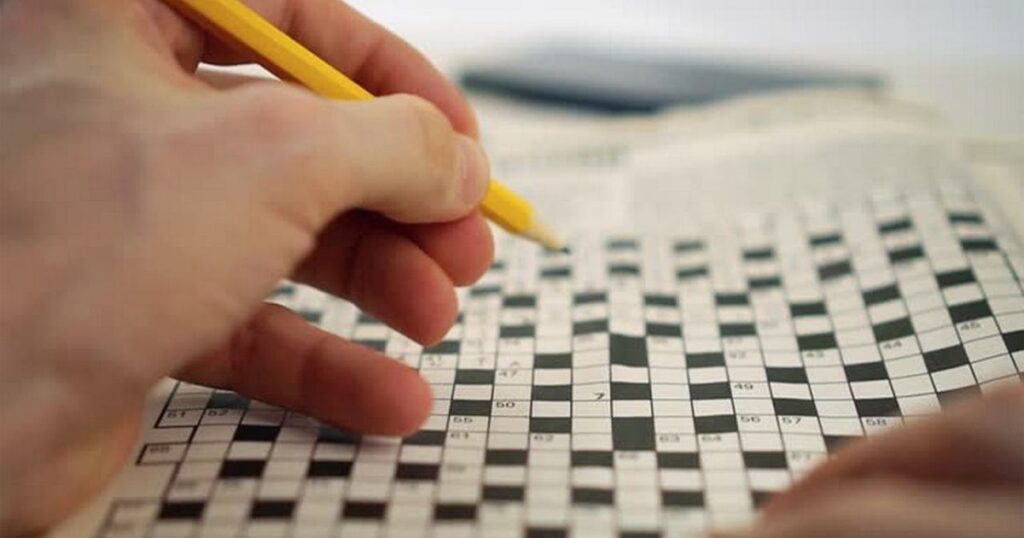In the world of language aficionados and puzzle enthusiasts, the crossword puzzle stands as an intellectual battlefield, a space where the intersection of words becomes a symphony of wit and knowledge. As a neophyte embarking on the journey into crossword puzzle mastery, quickly discovered that these seemingly innocuous grids were more than just boxes filled with letters. They were a portal to a universe where vocabulary, trivia, and lateral thinking converged in a dance of linguistic prowess. The first steps into this world were tentative, hesitating between the familiar and the cryptic clues. Yet, with each solved puzzle, found myself unlocking not just words but a gateway to a richer understanding of language and culture. Beyond the black-and-white squares, crossword puzzles served as a canvas for creativity. Themes emerged like hidden treasures, waiting to be unearthed through clever wordplay and puns. The artistry of constructing a puzzle, It discovered, was as captivating as solving one.

The grid became a playground for constructors, weaving together words in a delicate dance of symmetry and surprise. Each clue was a brushstroke, contributing to the masterpiece of the puzzle. Themes could range from literary references to historical events, seamlessly blending highbrow and pop culture into a harmonious whole. Unraveling these themes became a game within the game, a quest for the constructor’s narrative concealed amid the clues. As journey progressed, the crossword puzzle evolved from a leisurely pastime to a cognitive workout. It demanded not just a robust vocabulary but an agility of thought that transcended the conventional. The cryptic פתרון תשחצים, with its enigmatic clues and wordplay acrobatics, pushed me beyond the boundaries of my linguistic comfort zone. It was a linguistic riddle, a mental labyrinth where clues were not just prompts but puzzles in themselves. Decoding anagrams, deciphering homophones, and discerning the elusive double entendre became essential skills in navigating this intricate terrain.
Each solved cryptic clue felt like a triumph, a testament to the evolving mastery over the nuances of language. The journey into mastery revealed the symbiotic relationship between language and memory. The repetitive exposure to new words and trivia acted as a cognitive exercise, strengthening my memory and expanding my linguistic repertoire. The crossword puzzle, in its deceptive simplicity, became a tool for mental acuity and an agent of intellectual growth. It was more than a mere game; it was a holistic exercise for the mind, fostering curiosity and a perpetual quest for knowledge. In the end, beyond the boxes of the עזרה בתשבץ, It discovered a microcosm of linguistic brilliance, a realm where words danced and ideas converged. The journey into crossword puzzle mastery was not just about solving puzzles; it was a transformative experience that enriched my understanding of language, tested the limits of my intellect, and illuminated the intricate tapestry of human expression. It was a voyage that transcended the black-and-white squares, leading me to a vibrant landscape where words reigned supreme, and mastery was an ongoing, exhilarating pursuit.